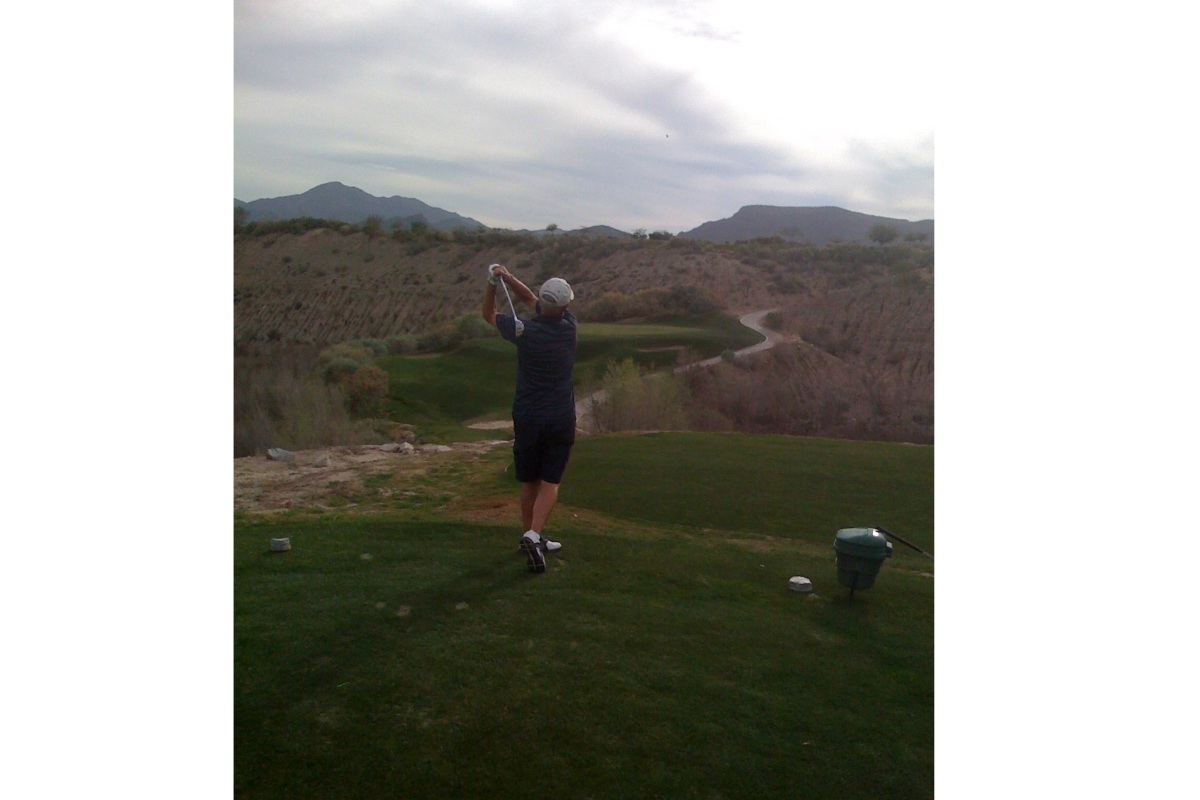“A lifetime is so precious, and so brief, and can be used so beautifully.” – Pema Chödrön
A while back, Miss O asked me if teenagers wanted to be little kids. When I said I didn’t believe so, she explained the question – if she, at age seven, wants to be a teenager, and her aunt in her 50’s wants to be younger, then what age do teenagers want to be?
I recently learned from Jennifer Senior, a staff writer at The Atlantic, that it is fairly common, especially in people over 40-years-old, to think of themselves as an age different than their years. This concept has the name “subjective age.” In her piece, The Puzzling Gap Between How Old You Are and How Old You Think You Are, she explains that, “Adults over 40 perceive themselves to be, on average, about 20 percent younger than their actual age.” People under 25 tend to think of themselves as older.
The article is delightfully filled with data, anecdotes, and links to research, as one would expect from The Atlantic and Jennifer Senior. A few things stood out to me:
David C. Rubin, a psychology and neuroscience professor at Duke, has found “the adults have an outsize number of memories from the ages of about 15 to 25. They call this phenomenon ‘the reminiscence bump.’ (This is generally used to explain why we’re so responsive to the music of our adolescence)”
Also, the gap of perceived age is greater in Western cultures than in Asia or Africa, or places where elders are more respected.
And one of Jennifer Senior’s conclusions about this mental trick really stuck with me, “If you mentally view yourself as younger—if you believe you have a few pivots left—you still see yourself as useful; if you believe that aging itself is valuable, an added good, then you also see yourself as useful.”
The three ways of seeing our subjective age: wanting to be older like Miss O does, seeing ourselves as younger than our actual years, or liking the age we’re at because we’re seen as respected and valuable, share the common ground of wanting to have agency and feel generative. It reminds me of my dad whose motto of service to others was “I just want to be useful.”
May we all feel useful, at whatever age we believe ourselves to be.
For a related post, about the perspective gained when I met someone that reminded me of who I was 15 years ago, check out my Heart of the Matter post: Better Off Without
(featured photo from Pexels)

